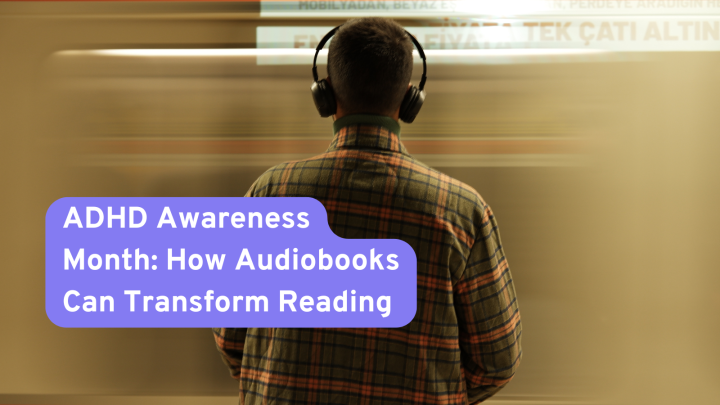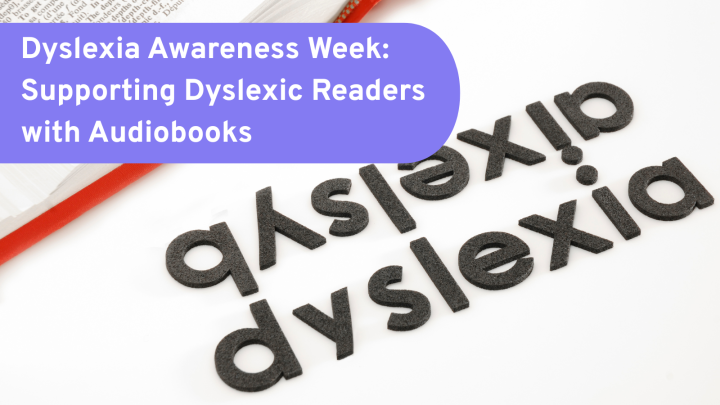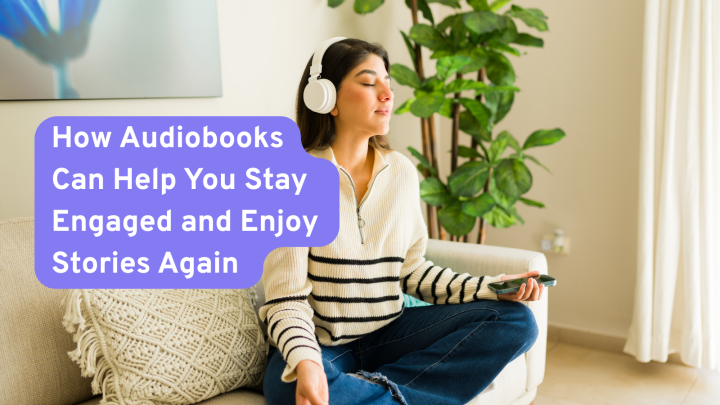Newsletter Subscribe to our blog via email. Opt out any time - please see our Privacy Policy

Struggling to focus on a page? You’re not alone. Millions of people with ADHD face challenges that make traditional reading exhausting.
October 20, 2025
0 Comments
Dyslexia is estimated to affect around 10% of people in the UK. For many children and adults, reading print can be a daily concern – but with the right support and mediums, stories can become a joy again.
October 8, 2025
0 Comments
Reading a physical book - or even an eBook - can be challenging for many people, regardless of age. Conditions like dyslexia, ADHD, chronic fatigue, or arthritis can make reading difficult, whether due to cognitive strain or physical discomfort. Thankfully audiobooks are a great alternative.
August 13, 2025
0 Comments
Podcasts are having a moment. There's been a massive increase in listeners over the past few years. Since the unprecedented success of Serial in 2014 sparking the fascination with true crime, podcasts have only grown. In 2018, Listening Books created their own podcast, Voluminous, all about reading and audiobooks.
January 28, 2019
0 Comments
Whether you're starting a new school, about to start your exams, or just back for another year, we've got you covered. If you find reading or holding a book difficult going back to school can be particularly challenging. But, with audiobooks it doesn't have to be! We record educational audiobooks from ages 7 and up so that at least getting through the reading can be a breeze! We’ve collected some of the best back to school audiobooks in our collection, so get a head start on listening!
August 30, 2018
0 Comments
If you're finding reading difficult, school can be particularly daunting. There always seems to be so many things to read! This is where our Sound Learning service comes in. We record educational audiobooks from ages 7 and up so that at least getting through the reading doesn't have to be difficult. We've collected some of the best back to school audiobooks in our library, so get a head start on listening!
August 23, 2017
0 Comments